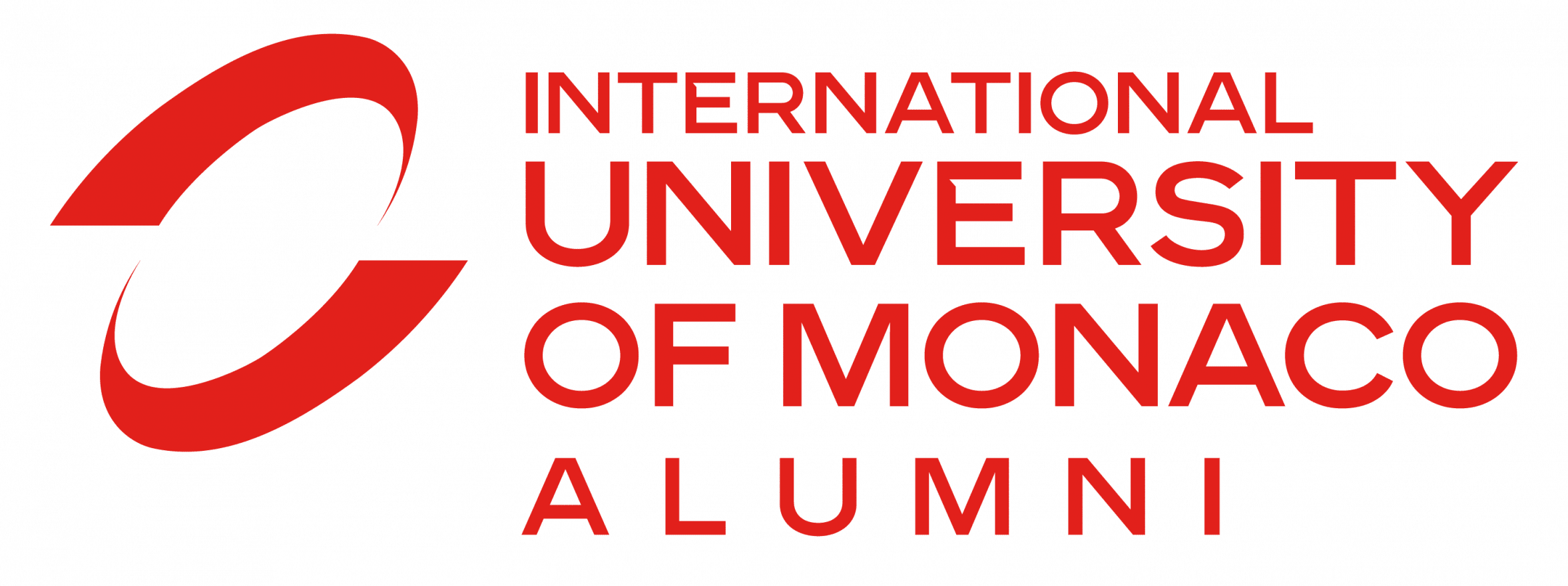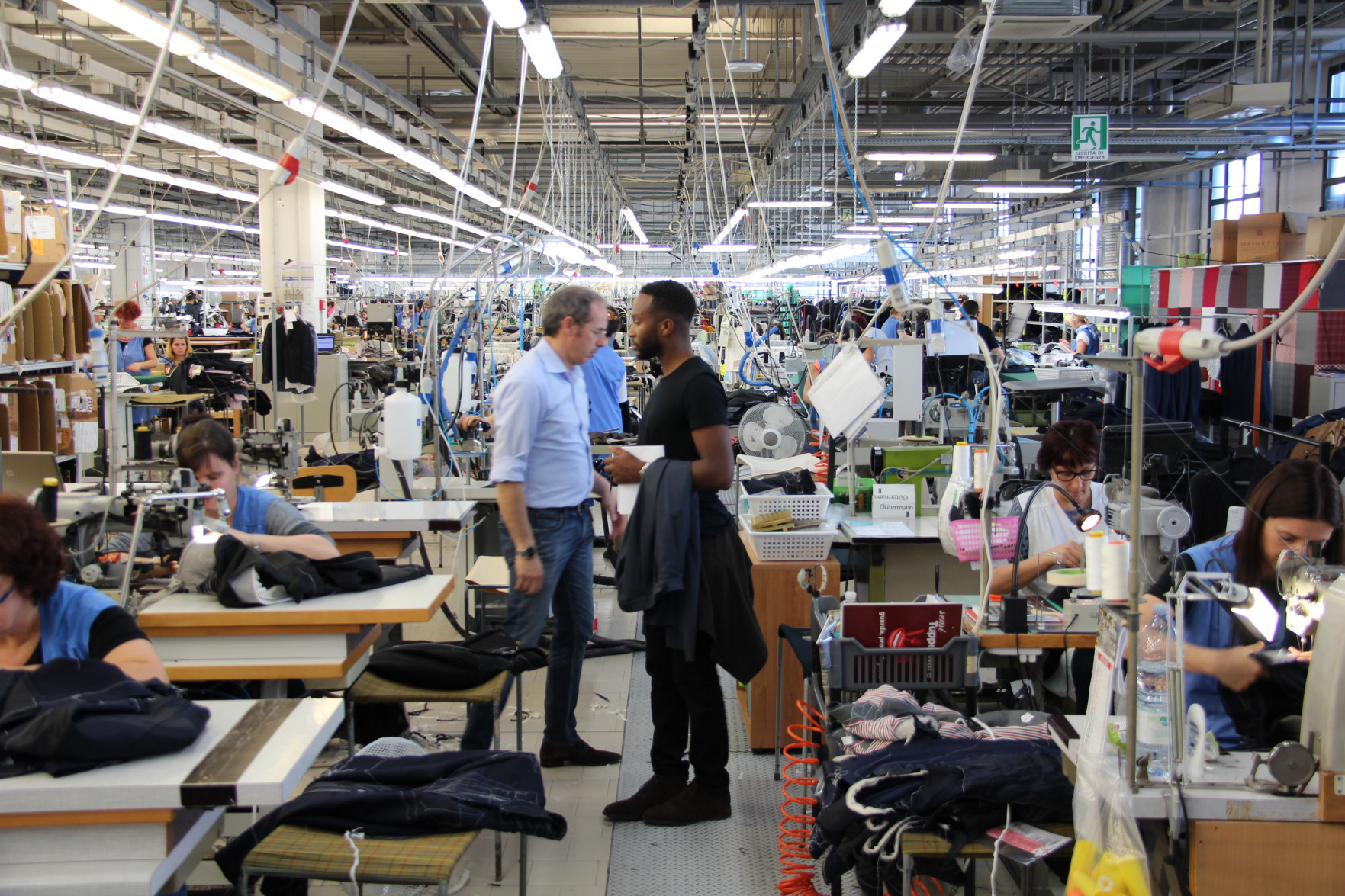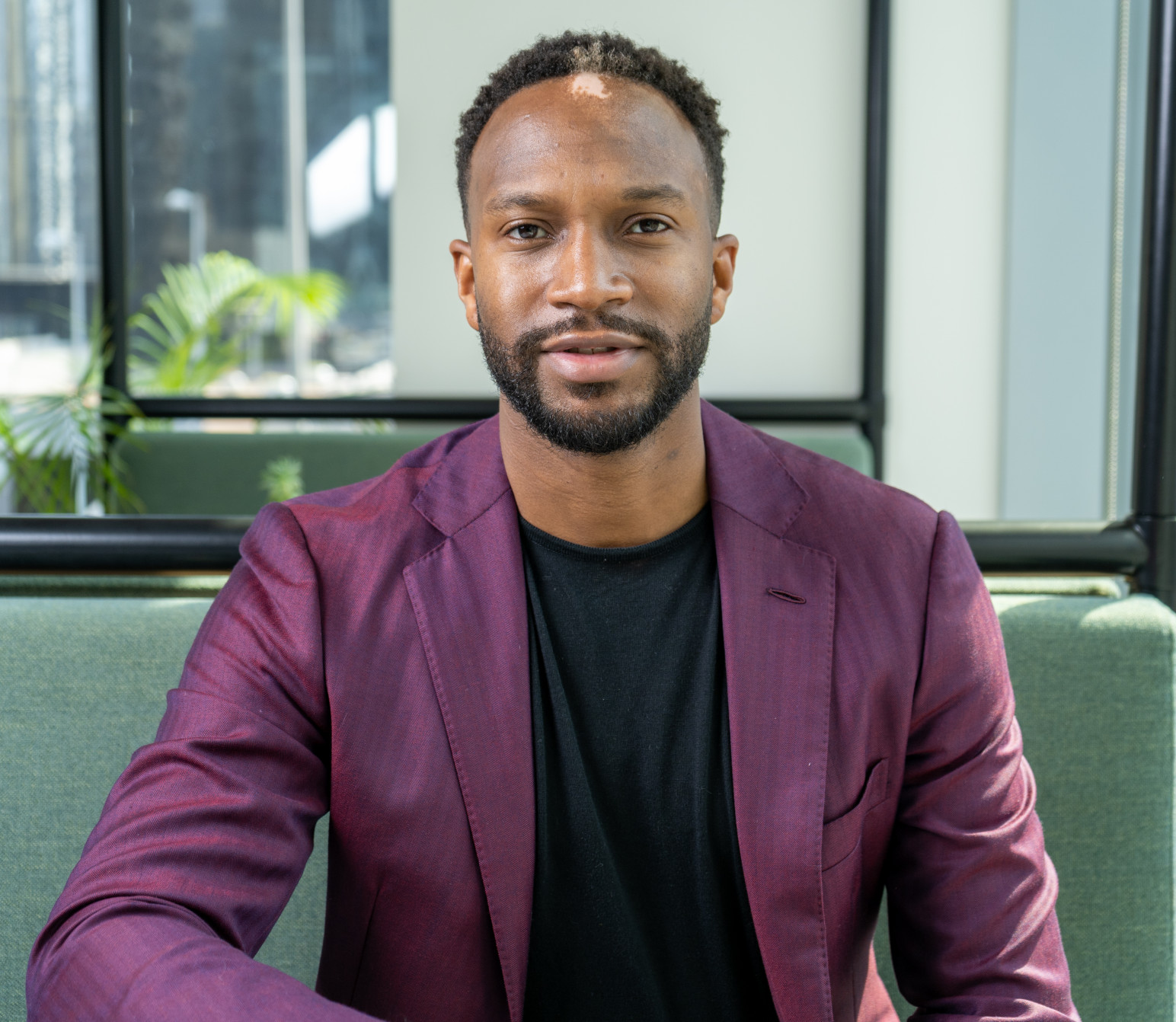FROM SUPERYACHTS TO UNIFORMS WITH SUPERPOWERS
Like the majority of schoolchildren in the world, London-born Matthew Benjamin wore uniforms every weekday from 5 to 16 years old. Today, as the founder and CEO of Kapes (pronounced like the superhero outfit accessory), he has made it his mission to create sustainable uniforms and teach the kids who wear them about the challenges of climate change and social impact in the process.
A SALESMAN WITH AMBITION
“What would be the most expensive thing I could sell?” That’s the question Matthew Benjamin asked himself prior to embarking on his postgraduate studies. Although years later, the question became “How can I make the most positive impact?”
Born in London in 1986, Matthew spends his childhood and teenage years in a Southwestern neighbourhood of the English capital. Like many boys, his favourite subject is Physical Education, but the future will show that it’s in a very different kind of sport that he will excel: sales.
At the age of 16 he got his first taste of sales, selling printer cartridges over the phone in the summer of 2002. “It was a tough job, but it got me used to hearing the word no and not being deterred. Every single job I had since then was customer-facing.”
In 2005, he goes to study Advertising at Solent University in Southampton, and graduates with a 2:1 in 2008. At the same time, his dad encourages him to complete further studies, and after reading an article about a Master in Luxury Goods & Services at the International University of Monaco and deciding that he didn’t want to pursue a career in Advertising as a Creative because he wanted to sell, he moves to the tiny Mediterranean state and obtains his MBA in Luxury Management. After all, what better place to learn about the most expensive thing he could sell, yachts?
Unfortunately, Matthew graduates in 2009 in the aftermath of the financial crisis… Buying yachts is not really anyone’s priority then. Yet back in London, he doesn’t give up and applies for a salesman job at Superyachts.com, a platform for marketing superyachts for charter and sale. “They wanted someone with more experience. I told them, give me a month, don’t pay me and let’s see what happens. They accepted, and after that month, I was the highest grossing salesperson in the company.”
SUSTAINABILITY IN TAILORING
Being young and ambitious means always wanting new challenges. Matthew leaves after a year, wanting to join a larger company where he could receive structured training, and having been approached by a recruiter for Tom James, the world’s largest manufacturer and retailer of custom clothing. Upon joining the company, he pitches to his superiors the opening of a new market: the United Arab Emirates, becomes a Sales Leader within a year, and after two and a half years is given the green light to open and lead an office in Dubai.
On his own, he flies to Dubai, searches for an office location, furnishes it, recruits and trains the team, and successfully opens the first Tom James branch in the region, leading the office to $1m in sales. “Dubai seemed like an obvious choice, because it had the same demographic as our clients in London: busy men in executive roles.”
After almost three years working for Tom James in Dubai, Matthew works for some time as a consultant for Links Group, a company helping businesses to set up in the Middle East, before launching his own custom tailoring brand with a focus on sustainability: Benjamin Siggers.
Like Tom James, Benjamin Siggers comes to the clients, offering its services in the comfort of one’s home or office. But at the heart of the brand is the use of natural and sustainable materials, a focus on hand craftsmanship and the importance of transparency.
THE HUGE IMPACT OF UNIFORMS
Throughout his years working in fashion, Matthew realises how impactful the industry is on the environment, and sustainability becomes like an obsession. “When you work in the tailoring business, even if you do everything you can to be sustainable, you only really touch a very small percentage of the population.”
School uniforms, on the other hand, have an environmental impact that is huge, but not much acknowledged. In Europe, the UK is one of the only countries where uniforms are widespread. In the rest of the world, it’s rather the opposite. They’re worn by children in North America, South America, Africa, Asia, the Middle East and Australasia.
And kids grow… fast. So all of the problems found in the industry are exacerbated. Uniforms everywhere are often made from materials that have a huge impact on the planet, like virgin polyester, and the people making them are not paid or treated fairly in many instances. The waste and the amount of clothing ending up in landfills is enormous.
Matthew pivoted during the pandemic, to found Kapes in 2020. The company works on a model of exclusive partnership with schools. This way, it minimises the amount of waste in production, as the number of uniforms are made based on the school’s needs. The schools currently working with Kapes are large international schools in the Middle East, but Matthew hopes to soon expand his portfolio to Hong Kong, Singapore, Sydney, and Melbourne, and has already received inquiries from New York and Los Angeles.
GIVING CHILDREN A CHANCE TO CARE
“Up until now, we’ve never really cared about our uniforms. They are just these items of clothing that kids wear every day. Schools think about how they look and what this says about the school, but they don’t think about what they are made from or how they are made, and how this aligns with the values of the school.”
Matthew wants to change the way we all look at school uniforms. What most schoolchildren in the world put on everyday for years can also be a great tool to teach them about sustainability, social issues, etc. “We want to develop conscious ownership in children.”
That’s also why, for every student that wears a Kapes uniform, one is given to a child in Kenya who is unable to afford one, in one of the countries where kids aren’t allowed to attend school without a uniform. “Having an impact on someone’s life in a small but meaningful way is so fulfilling. The kids that have benefited in Kenya are already extremely grateful for the little they have, but our uniforms give them more confidence and a sense of belonging.”
THE POWER OF THE COMMUNITY
Kapes isn’t just about making sustainable uniforms, the brand aims at “weaving together communities” by creating opportunities and promoting fair trade. And community is an important subject for Matthew, since his student years.
“One of the things I loved the most about my year at IUM is that Monaco is such a small country. There is a real communal feel. Two fellow IUM grads actually invested in Kapes, while another helped me to find the first school in Kenya that we provided free uniforms for.” For Matthew, community is what learning is all about.
“It’s true everywhere. When you look at the huge differences for school children in Dubai (where schools have amazing facilities) and in Kenya (where they have basically nothing), it all comes down to this sense of community.”
“We want children to feel connected to what they wear. Uniforms can be a key tool for learning about sustainability.”

Image gallery2
Comments0
You don't have the right to access or add a comment. Please log in first.
Suggested Articles


![[ALUMNI SUCCESS STORY] - Matthew Benjamin](/medias/image/1064349008676192773030b.jpg)

